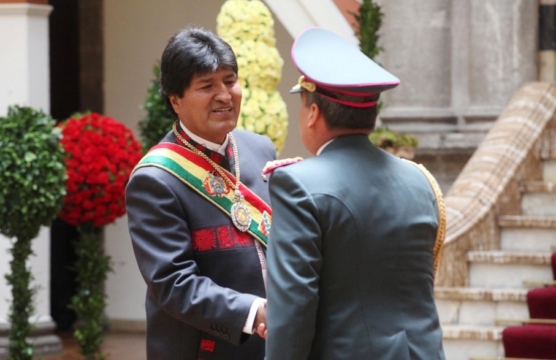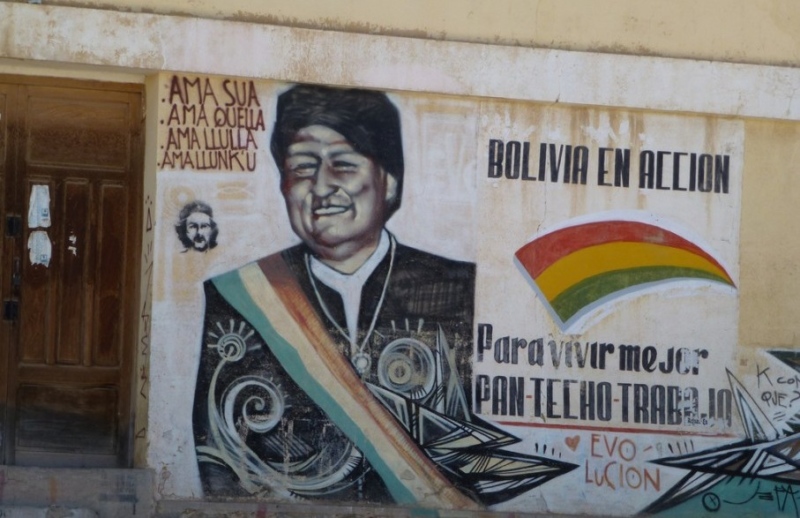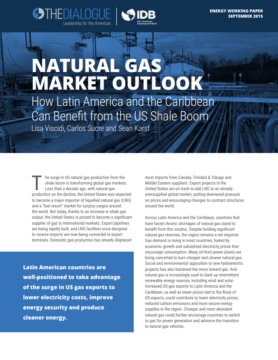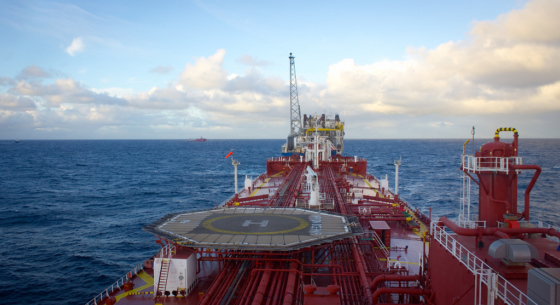
Evo’s Journey
With Morales’ approval rating at 75%, it is likely that voters will re-elect him for a third consecutive term
The city of El Alto, Bolivia, should be a stronghold for President Evo Morales and his Movement Toward Socialism (MAS) party. Perched on the Andean Plateau above its sister-city La Paz, the sprawling, fast-growing El Alto is considerably poorer and more indigenous than the capital. Almost three-quarters of its almost 1 million inhabitants are, like Morales, ethnically Aymara, and in the past voters have supported the president and other MAS candidates by large margins. On March 29, however, things took a turn in regional elections as the party lost dramatically in both the El Alto mayoral and the La Paz department gubernatorial races. The defeats headlined a broader wave of opposition victories in regional elections across Bolivia.
While the losses may appear simply to be a blow to Morales—now entering his 10th year in office, the longest-serving president in Latin America—they are in fact more complicated. They reflect both a protest vote against recent corruption scandals within the MAS and a growing disconnect between voters’ support for Morales and their opinion of the rest of the party.
With Morales’ approval rating at 75%, it is likely that voters will re-elect him for a third consecutive term
Given their close proximity to the United States, LAC countries are well-positioned to capitalize on the surplus of US gas exports and current buyer’s market.
As global oil prices collapsed over the last two years, regional governments have started to lose their leverage in the energy industry. To attract international investors, they must offer increasingly favorable terms, which means ceding more of their own control.
 Randal Sheppard / CC BY-SA 2.0
Randal Sheppard / CC BY-SA 2.0

